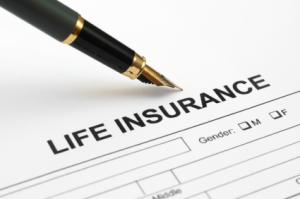 Today’s top story: Money advice for new graduates – and some old-school wisdom. Also in the news: Should you fix or break up with your car, types of stocks to look at if you’re getting back into the market, and how to determine if you need life insurance in retirement.
Today’s top story: Money advice for new graduates – and some old-school wisdom. Also in the news: Should you fix or break up with your car, types of stocks to look at if you’re getting back into the market, and how to determine if you need life insurance in retirement.
Money Advice for New Grads — and Some Old-School Wisdom
Advice from personal finance experts.
Should You Fix Up or Break Up With Your Car?
Separating emotion from reality.
Buying the Dip? Give These Types of Stocks a Look
Time to get back in the market?
How to determine if you need life insurance in retirement
Assessing your circumstances.
 Today’s top story: What is synthetic identity theft? Also in the news: The top 5 places to invest in for new grads, why more credit cards are helping you speed through airport security, and what you don’t know about foreign transaction fees.
Today’s top story: What is synthetic identity theft? Also in the news: The top 5 places to invest in for new grads, why more credit cards are helping you speed through airport security, and what you don’t know about foreign transaction fees.  Today’s top story: If you sold fearing a market crash, here’s what to do now. Also in the news: Why you should look under the hood of your target-date fund, a home buyer’s guide to motivated sellers, and is Amazon Prime worth its new price?
Today’s top story: If you sold fearing a market crash, here’s what to do now. Also in the news: Why you should look under the hood of your target-date fund, a home buyer’s guide to motivated sellers, and is Amazon Prime worth its new price?